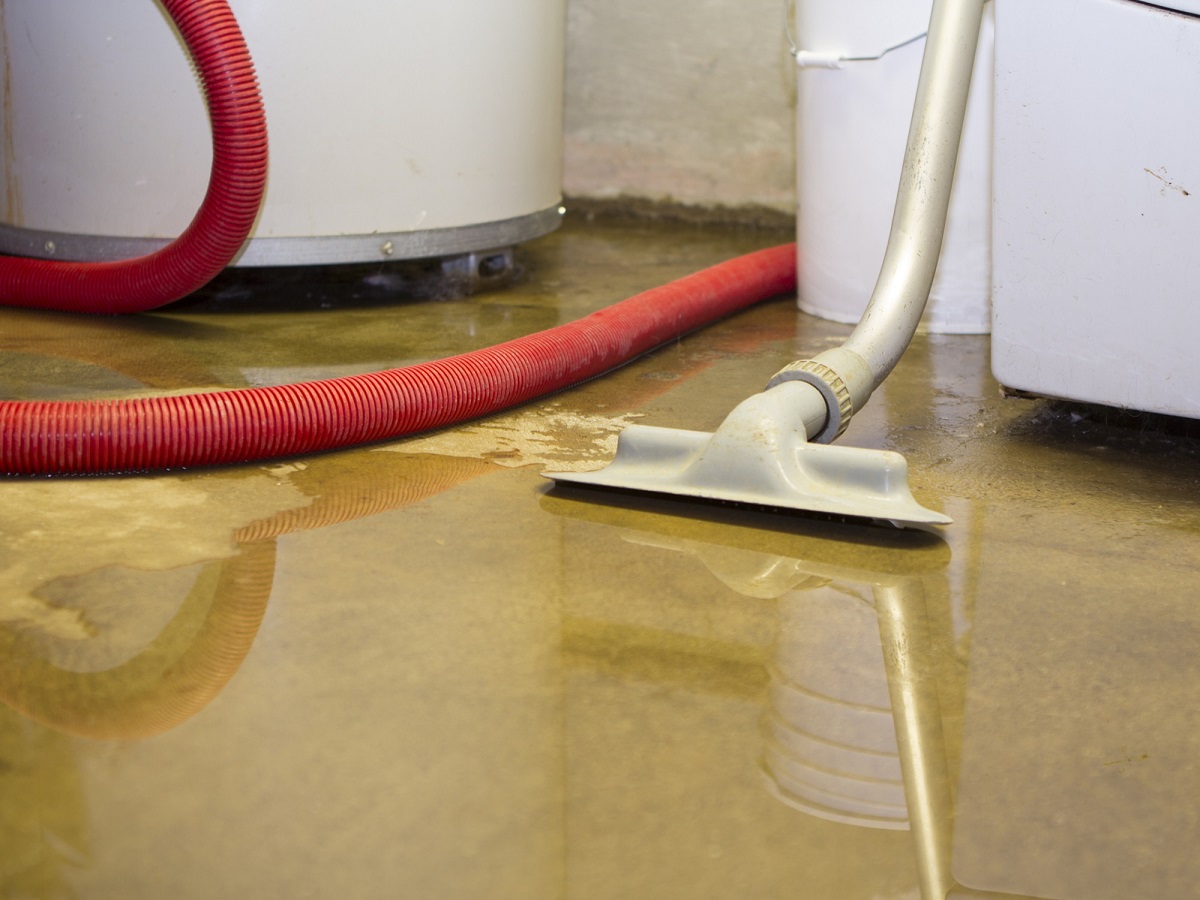

Articles
What To Do If Sewer Backs Up In Basement
Modified: January 18, 2024
Discover effective articles on how to handle a sewer backup in your basement. Find step-by-step solutions and practical tips to resolve this common issue.
(Many of the links in this article redirect to a specific reviewed product. Your purchase of these products through affiliate links helps to generate commission for Storables.com, at no extra cost. Learn more)
Introduction
A sewer backup in the basement is a nightmare scenario for any homeowner. Not only does it cause inconvenience and disruption, but it can also lead to extensive damage and pose serious health risks. When faced with a sewer backup, it is crucial to act swiftly and effectively to minimize the damage and ensure the safety of your home and family.
In this article, we will guide you through the necessary steps to take if you experience a sewer backup in your basement. From understanding the causes of a backup to calling a professional plumber and implementing preventive measures, we will cover all the essential information you need to know.
So, let’s dive in and explore the best course of action when your basement falls victim to a sewer backup.
Key Takeaways:
- Swift and effective action, along with professional plumber guidance, is crucial when dealing with a sewer backup in your basement. Preventive measures and regular maintenance can minimize the risk of future backups and maintain your home’s integrity.
- Understanding the causes of sewer backups empowers homeowners to take proactive measures. Safety precautions, immediate action, and thorough restoration are essential in mitigating damage and ensuring a smooth resolution.
Read more: Why Is My Basement Drain Backing Up
Understanding the Cause of a Sewer Backup
Before we delve into the steps of dealing with a sewer backup in the basement, it is important to understand what causes these backups in the first place. By understanding the underlying causes, you can take preventive measures to reduce the likelihood of future backups.
One of the main causes of a sewer backup is a clog or blockage in the sewer line. This can occur due to a variety of reasons, such as the buildup of debris, hair, grease, or other foreign objects. Additionally, invasive tree roots can infiltrate the sewer pipes, causing blockages and restricting the flow of wastewater.
Another common cause of sewer backups is a damaged or collapsed sewer line. Over time, old sewer pipes can deteriorate or become damaged due to factors such as age, corrosion, shifting soil, or extreme weather conditions. This can lead to leaks, cracks, or complete collapse, resulting in sewage backup into your basement.
In some cases, heavy rainstorms or flooding can overwhelm the sewer system, causing backups. When the volume of water entering the sewer system exceeds its capacity, the wastewater cannot flow freely, leading to backups and potentially affecting properties at lower elevations, such as basements.
Lastly, improper or outdated sewer system design and maintenance can also contribute to sewer backups. If the sewer system is not designed to handle the current demands or if it hasn’t been properly maintained, it can increase the risk of backups and other sewer-related issues.
By understanding the causes of sewer backups, you can take proactive steps to prevent them. Regular maintenance, such as clearing debris from drains and sewer lines, can help prevent blockages. Additionally, inspecting and repairing sewer pipes regularly, especially if your home is older, can help identify and address any underlying issues before they become major problems.
Now that we have a better understanding of the causes of sewer backups, let’s move on to the immediate actions you should take when faced with a sewer backup in your basement.
Taking Immediate Action
When you discover a sewer backup in your basement, it is important to act quickly to minimize the damage and ensure the safety of your home and family. Here are the immediate actions you should take:
- Ensure Personal Safety: The first priority is to ensure your safety. Put on protective gloves, boots, and clothing to avoid direct contact with the sewage. Sewage contains harmful bacteria and pathogens that can cause illness if ingested or come into contact with open wounds.
- Turn Off Electrical Power: If you have standing water in your basement due to the sewer backup, it is crucial to turn off the electrical power to the affected area. Water and electricity are a dangerous combination, so proceed with caution and prioritize safety.
- Stop Water Usage: Avoid using any water fixtures, such as sinks, toilets, or showers, as it can exacerbate the backup and cause more water to flow into the basement. Limiting water usage will help prevent further damage and overflow.
- Open Windows and Ventilate: To reduce the unpleasant odors and improve air circulation, open windows and use fans or dehumidifiers to ventilate the area. This will also help to expedite the drying process once the backup is resolved.
- Contain and Remove Any Standing Water: If there is standing water in your basement, use a wet vacuum, mop, or buckets to remove as much of it as possible. Dispose of the water in a proper sewer drainage location or contact your local authorities for guidance on where to safely dispose of it.
- Do Not Attempt DIY Repairs: While it may be tempting to try and fix the issue yourself, it is strongly recommended to avoid attempting any DIY repairs. Sewer backups require professional expertise to assess the situation accurately and implement the appropriate solutions.
Taking these immediate actions will help prevent further damage and ensure the safety of everyone in your home. Next, we will discuss the importance of calling a professional plumber to address the sewer backup.
Calling a Professional Plumber
When dealing with a sewer backup in your basement, it is crucial to call a professional plumber as soon as possible. A professional plumber has the expertise, specialized equipment, and knowledge to properly assess the situation, identify the underlying cause of the backup, and implement effective solutions. Here’s why you should rely on a professional:
- Experience and Expertise: Professional plumbers have extensive experience in dealing with sewer backups. They are trained to handle such emergencies and have the knowledge to effectively diagnose and resolve the issue.
- Specialized Equipment: Plumbers have access to specialized equipment that is designed to handle sewer backups. They use high-powered water jets, sewer cameras, and other tools to identify the blockage or damage in the sewer line and remove it efficiently.
- Comprehensive Assessment: A professional plumber will conduct a thorough assessment of your sewer system to determine the exact cause of the backup. They will inspect the pipes, connections, and any potential damage to provide a comprehensive solution.
- Safe and Effective Solutions: Attempting to resolve a sewer backup on your own can be hazardous and may not fully address the underlying problem. A professional plumber can provide safe and effective solutions that will not only resolve the current backup but also prevent future occurrences.
- Compliance with Local Codes and Regulations: Plumbers are well-versed in local building codes and regulations related to sewer systems. They will ensure that any repairs or replacements are done in compliance with these standards, providing you with peace of mind.
- Insurance and Warranty: Reputable professional plumbers often provide warranties for their work. This means that if any issues arise after the repair, they will come back and fix them at no additional cost. Additionally, they are often insured, so you are protected from any liabilities.
When calling a professional plumber, be sure to explain the situation and provide as much information as you can about the backup. This will help them better understand the urgency of the situation and prioritize their response accordingly.
Remember, resolving a sewer backup is not a DIY project. Relying on professional help will ensure a proper and long-lasting solution to your basement sewer backup problem.
Safety Precautions
Dealing with a sewer backup in your basement requires taking necessary safety precautions to protect yourself and your home. Sewage contains harmful bacteria, pathogens, and chemicals that can pose health risks if proper precautions are not taken. Here are some important safety measures to keep in mind:
- Personal Protective Equipment (PPE): Always wear personal protective equipment, such as gloves, boots, and respirators, when working near or handling sewage. This will help prevent direct contact with the hazardous substances present in the wastewater.
- Avoid Direct Contact: Refrain from touching the sewage or any contaminated items with bare hands. Use tools, such as shovels or tongs, to handle and remove any debris or objects from the affected area.
- Proper Disposal: Dispose of any sewage-contaminated materials, such as rugs, carpets, and furniture, in accordance with the guidelines provided by your local authorities. Do not attempt to salvage or clean heavily contaminated items, as they may pose a health risk.
- Thorough Hand Hygiene: Wash your hands thoroughly with soap and clean water after handling or being in close proximity to sewage. Use hand sanitizers if running water and soap are not immediately available.
- Avoid Open Cuts or Wounds: If you have any open cuts, wounds, or sores, ensure they are completely covered with waterproof bandages or dressings to prevent exposure to sewage-borne bacteria.
- Keep Children and Pets Away: Restrict access to the affected area, particularly for children and pets, as they are more susceptible to infections and may unknowingly come into contact with the contaminants.
- Proper Ventilation: Ensure proper ventilation in the basement to prevent the buildup of harmful gases, such as methane, which can be released during a sewer backup.
- Professional Cleanup: Consider hiring a professional cleanup and restoration company to handle the cleanup process. They have the knowledge, experience, and equipment to safely and effectively sanitize the area and restore it to its pre-backup condition.
By following these safety precautions, you can minimize the risk of exposure to harmful elements and protect your health while handling a sewer backup in your basement.
If your sewer backs up in the basement, avoid using any water in the house and call a professional plumber immediately to assess and fix the issue. Do not attempt to clean it up yourself as it can be hazardous to your health.
Read more: How To Tie Into Sewer Line In Basement
Steps to Take Before the Plumber Arrives
While waiting for the professional plumber to arrive and address the sewer backup in your basement, there are several steps you can take to help mitigate the damage and facilitate the repair process. These steps can make a difference in the overall outcome and ensure a smoother resolution. Here are the important actions to consider:
- Contact Your Insurance Provider: Notify your insurance provider about the sewer backup incident. They can guide you through the claim process and provide assistance in covering the costs of the cleanup and repairs.
- Document the Damage: Take photos or videos of the affected area, including any damaged items or property. This documentation will be helpful when filing an insurance claim and can serve as evidence if needed.
- Clear the Area: Remove any personal belongings or valuable items from the affected area. Move furniture, electronics, and other items to a safe and dry location to prevent further damage or contamination.
- Secure Important Documents: Gather and protect important documents, such as identification papers, insurance policies, and property records. Store them in a secure, dry place to prevent water damage or loss.
- Disconnect Appliances: Unplug and disconnect any electrical appliances or equipment that may have been affected by the backup. This will help prevent electrical hazards and potential damage to the devices.
- Keep Drains Covered: Cover the floor drains in the basement to prevent any additional sewage from entering the area. Use heavy-duty plastic or towels to create a barrier and avoid further contamination.
- Do Not Use Harsh Chemicals: Avoid using harsh chemicals, such as bleach or drain cleaners, to unclog or clean the sewer line. These chemicals can worsen the situation or damage the pipes, making repairs more complex and costly.
- Provide Access: Ensure that there is clear and unobstructed access to the basement area. Remove any obstacles or debris that may hinder the plumber’s ability to assess and address the issue effectively.
- Communicate with Your Plumber: Maintain open communication with the professional plumber. Inform them about any specific details or observations you have made regarding the backup. This will help them better understand the situation and provide the appropriate solution.
Taking these steps before the plumber’s arrival will help expedite the restoration process and minimize the extent of the damage caused by the sewer backup. Remember, it is crucial to rely on professional expertise when dealing with such situations to ensure a thorough and proper resolution.
Repairing and Restoring the Basement
Once the professional plumber has assessed the sewer backup in your basement and implemented the necessary repairs, it’s time to focus on repairing and restoring the affected area. Here are the key steps involved in the process:
- Thorough Cleaning and Sanitization: Begin by thoroughly cleaning and sanitizing the affected surfaces. Use appropriate cleaning agents and disinfectants to eliminate any remaining bacteria, viruses, and odors. Ensure all areas, including walls, floors, and objects, are properly cleaned.
- Drying Out the Area: After the cleaning process, it is essential to dry out the basement to prevent mold growth and additional damage. Use dehumidifiers, fans, and open windows to improve airflow and eliminate excess moisture.
- Replace Damaged Materials: Inspect the basement for any damaged materials, such as drywall, insulation, or flooring, and replace them as necessary. This will help restore the structural integrity of the space and prevent further issues down the line.
- Address Potential Mold Growth: If there is any sign of mold growth, it is crucial to address it promptly. Mold can pose serious health risks and compromise the air quality in your home. Consult with mold remediation professionals to safely remove and remediate any mold-infested areas.
- Check Electrical Connections: Ensure that all electrical connections and components in the basement are thoroughly inspected to confirm there is no damage or compromised safety. If you have any concerns, consult an electrician to perform a thorough evaluation.
- Consider Waterproofing Measures: To minimize the risk of future basement flooding or sewer backups, consider implementing waterproofing measures. This may include installing a sump pump, sealing foundation cracks, or improving drainage around your property.
- Restock and Reorganize: Once the basement is repaired and restored, take the opportunity to reorganize and restock your belongings. Optimize storage systems and use waterproof containers to protect items from potential water damage in the future.
- Regular Maintenance: Implement a regular maintenance routine to keep your basement in optimal condition. This includes regular inspections of the sewer system, cleaning of drains, and addressing any minor issues before they escalate into major problems.
Remember, repairing and restoring the basement after a sewer backup requires careful attention to detail. If you are unsure about any aspect of the process, it is best to consult professionals who specialize in water damage restoration and basement repairs.
By following these steps and investing in preventive measures, you can minimize the risk of future sewer backups and maintain the integrity of your basement for years to come.
Preventing Future Sewer Backups
Experiencing a sewer backup in your basement can be a stressful and costly ordeal. To avoid going through a similar situation in the future, it’s important to take proactive steps to prevent sewer backups from occurring. Here are some preventive measures you can implement:
- Maintain Regular Sewer System Inspections: Schedule regular inspections of your sewer system to identify any potential issues before they escalate. A professional plumber can conduct video inspections to check for blockages, cracks, or signs of deterioration in the sewer lines.
- Properly Dispose of Waste and Grease: Avoid flushing items down the drain that can cause clogs, such as wipes, feminine hygiene products, and paper towels. Additionally, refrain from pouring grease or cooking oil down the drain, as they can solidify and cause blockages.
- Be Mindful of Landscaping: Plant trees and shrubs a safe distance away from your sewer lines to prevent the intrusion of roots. Tree roots are a common cause of sewer line damage and blockages.
- Install Backwater Prevention Valve: Consider installing a backwater prevention valve in your sewer line. This valve allows wastewater to flow out of your home but prevents it from flowing back in during a sewer backup or flood.
- Keep Storm Drains Clear: Clear leaves, debris, and any other obstructions from the storm drains near your property. This will help prevent excess water from pooling and putting stress on the sewer system.
- Monitor Water Consumption: Keep track of your water usage and be mindful of any sudden increases that could indicate a leak or other issues. Promptly address leaks or plumbing problems to prevent overloading the sewer system.
- Upgrade Sewer Lines: If you have an older home, consider upgrading your sewer lines to more modern materials, such as PVC or HDPE. These materials are more resistant to damage and have a longer lifespan than clay or cast iron pipes.
- Educate Household Members: Teach everyone in your household about proper waste disposal practices and the importance of avoiding flushing non-biodegradable items down the toilet or draining them into sinks.
- Keep Basement Drains Clear: Regularly clean out and maintain the floor drains in your basement. Clear away any debris or buildup to ensure proper water flow and reduce the risk of backups.
- Consider Flood Insurance: Depending on your location and the likelihood of flooding, consider obtaining flood insurance to provide additional financial protection in case of a sewer backup due to excessive rainfall or flooding.
By implementing these preventive measures, you can greatly reduce the risk of future sewer backups in your basement. Remember, proactive maintenance and awareness are key to maintaining a safe and functional sewer system.
Conclusion
Dealing with a sewer backup in your basement can be a challenging and distressing experience. However, by following the appropriate steps and taking preventive measures, you can minimize the damage, restore your basement, and reduce the risk of future sewer backups. Here’s a recap of the important points we’ve covered:
Understanding the cause of a sewer backup is crucial in order to prevent future occurrences. Whether it is due to a clog, damaged pipes, or external factors like heavy rainstorms, being aware of these causes empowers you to take proactive measures.
When faced with a sewer backup, taking immediate action is paramount. Ensure personal safety, turn off electrical power, and avoid using water fixtures. These initial steps will help mitigate the damage and prevent further complications.
Calling a professional plumber is essential to accurately diagnose and resolve the sewer backup. Their expertise, specialized equipment, and knowledge will ensure a safe and effective solution to the problem.
Safety precautions should always be taken when dealing with sewage. Using personal protective equipment, proper disposal of contaminated materials, and maintaining good hygiene are vital to protect yourself and your loved ones.
Prior to the plumber’s arrival, there are steps you can take to expedite the process. Contact your insurance provider, document the damage, clear the area, and keep drains covered. These actions contribute to a smoother resolution.
Repairing and restoring the basement involves thorough cleaning, drying out the area, and replacing damaged materials. Addressing potential mold growth, checking electrical connections, and implementing waterproofing measures are also important for long-term prevention.
Preventing future sewer backups requires regular maintenance, proper waste disposal, installing preventive measures like backwater valves, and being mindful of landscaping and water consumption.
In conclusion, swift and effective action, along with the guidance of a professional plumber, will help you overcome the challenges of a sewer backup in your basement. By implementing preventive measures and staying vigilant, you can minimize the risk of future backups and maintain the integrity of your home for years to come.
Frequently Asked Questions about What To Do If Sewer Backs Up In Basement
Was this page helpful?
At Storables.com, we guarantee accurate and reliable information. Our content, validated by Expert Board Contributors, is crafted following stringent Editorial Policies. We're committed to providing you with well-researched, expert-backed insights for all your informational needs.
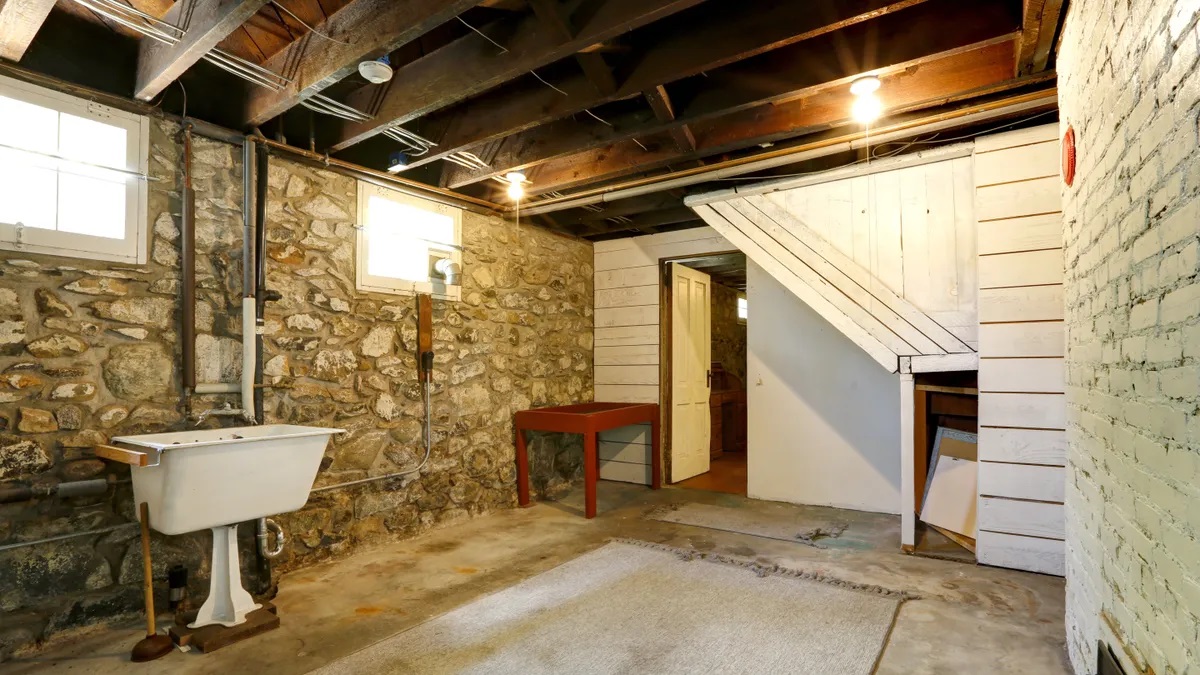
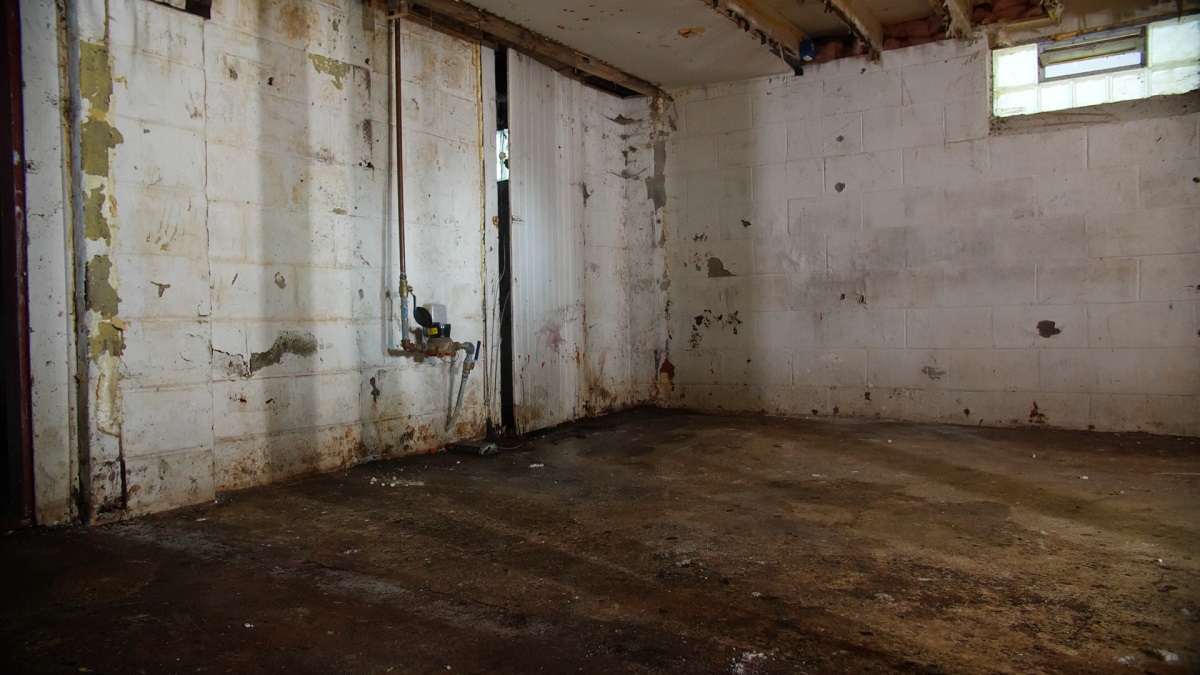
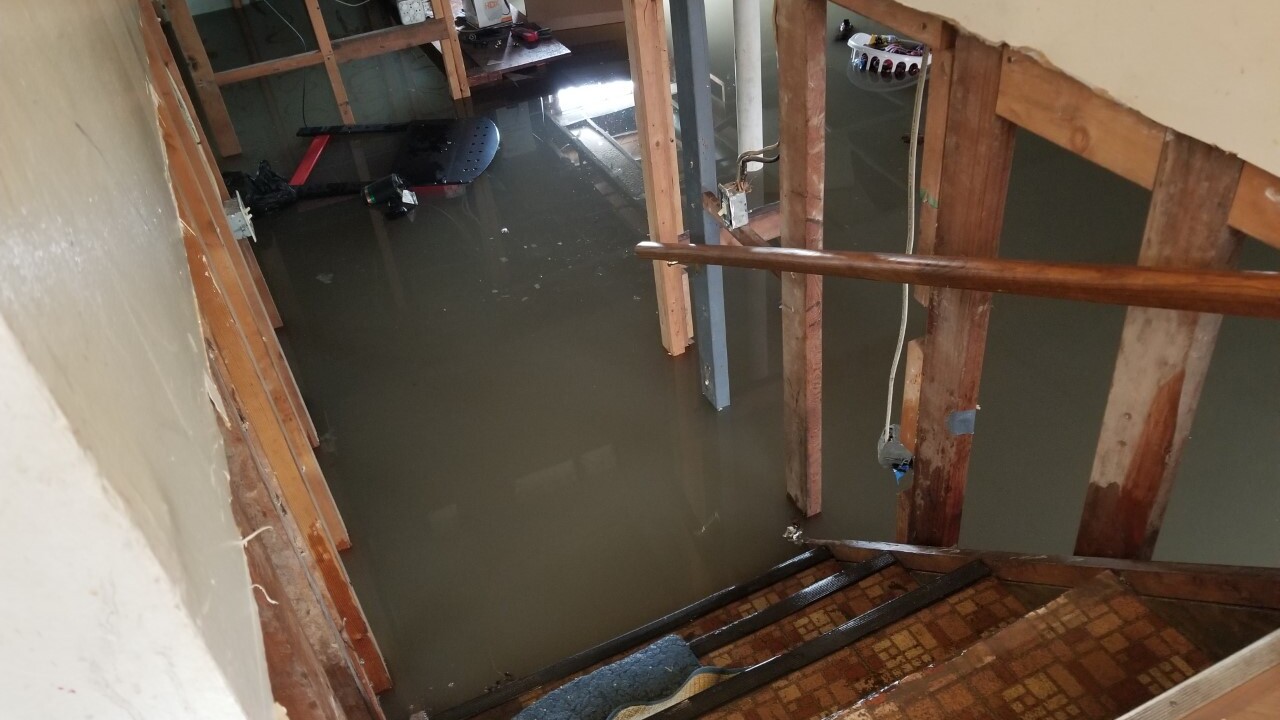
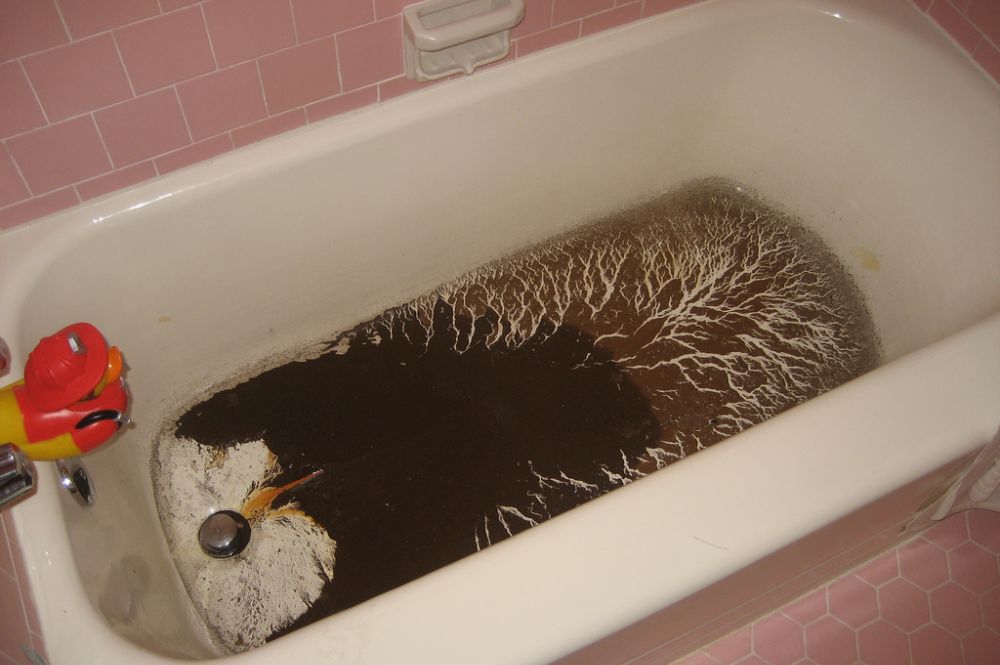
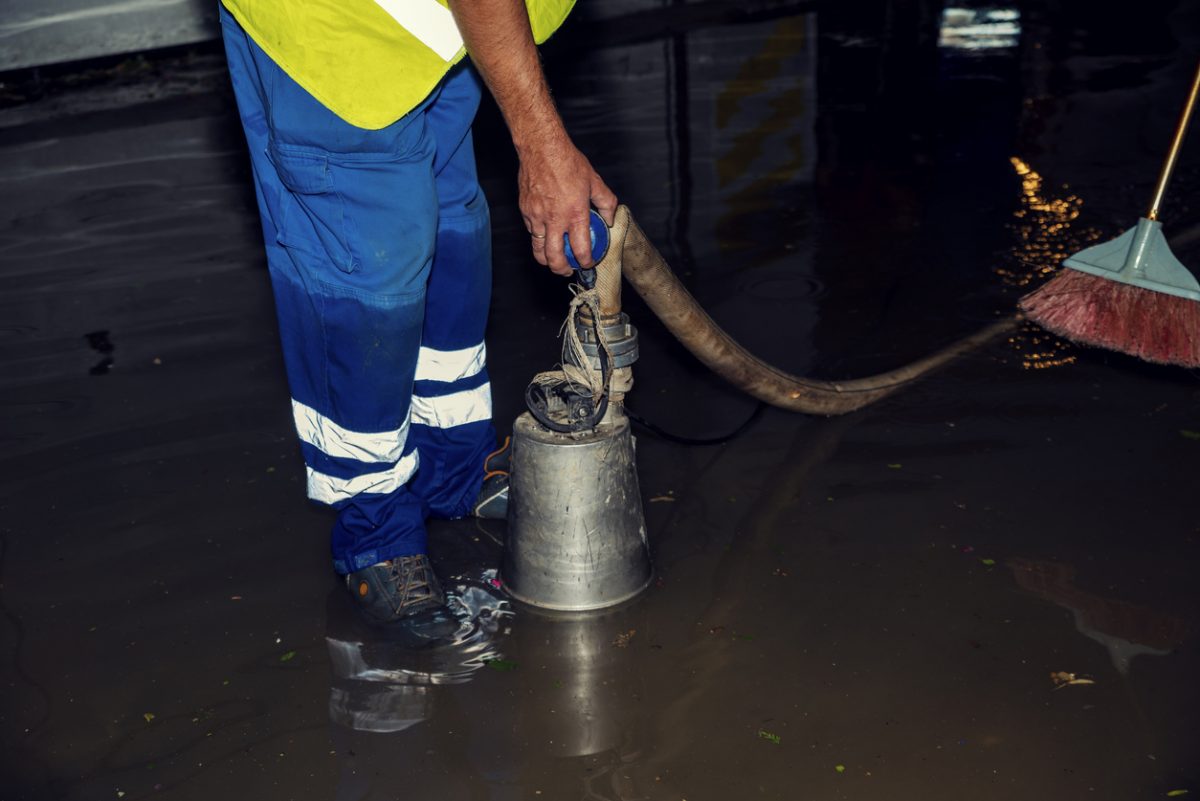
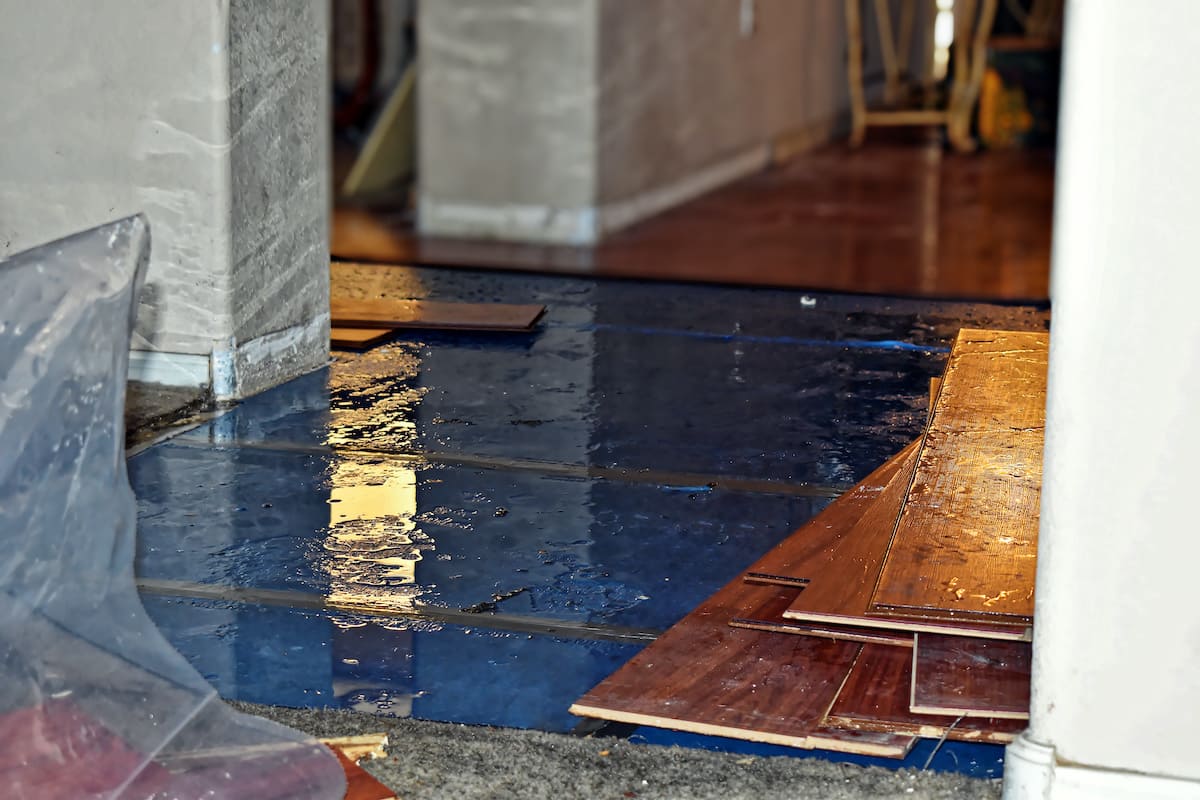
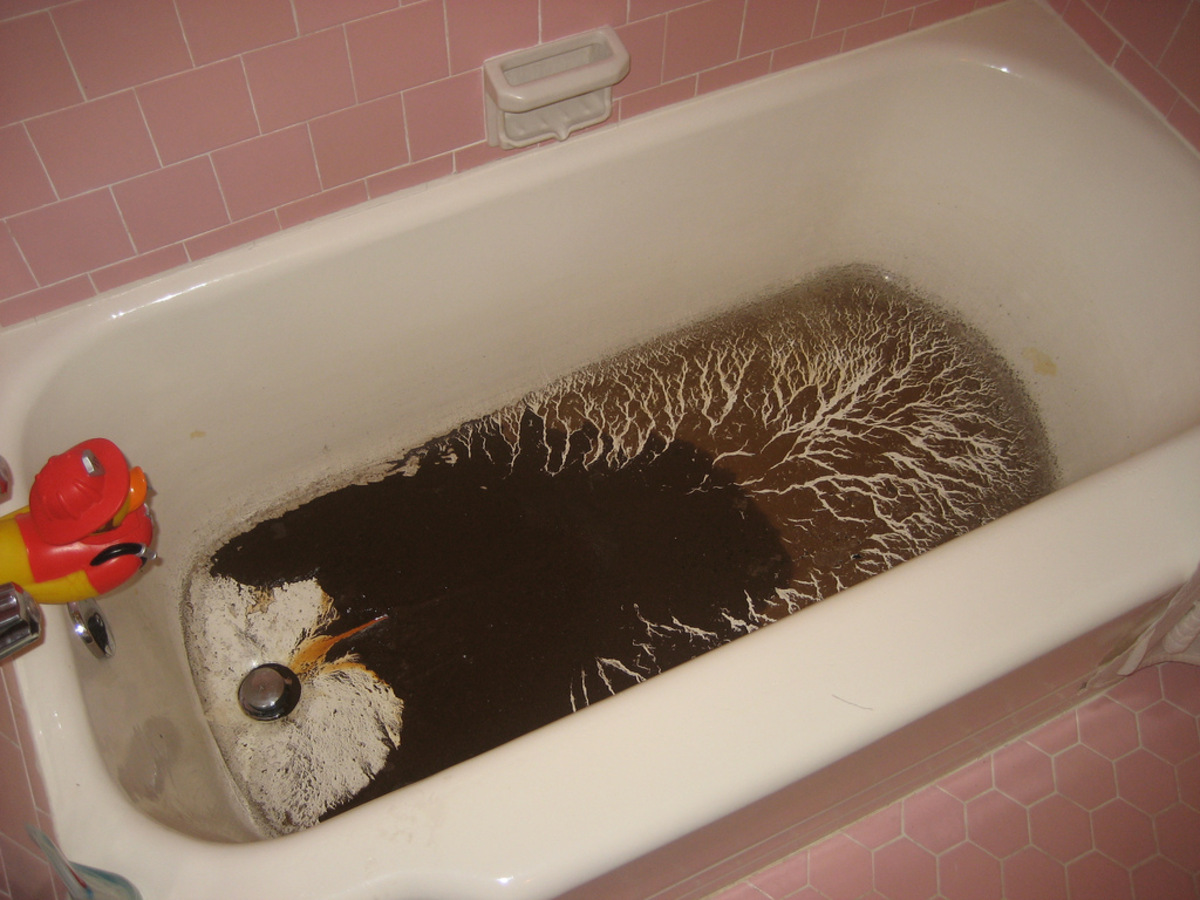
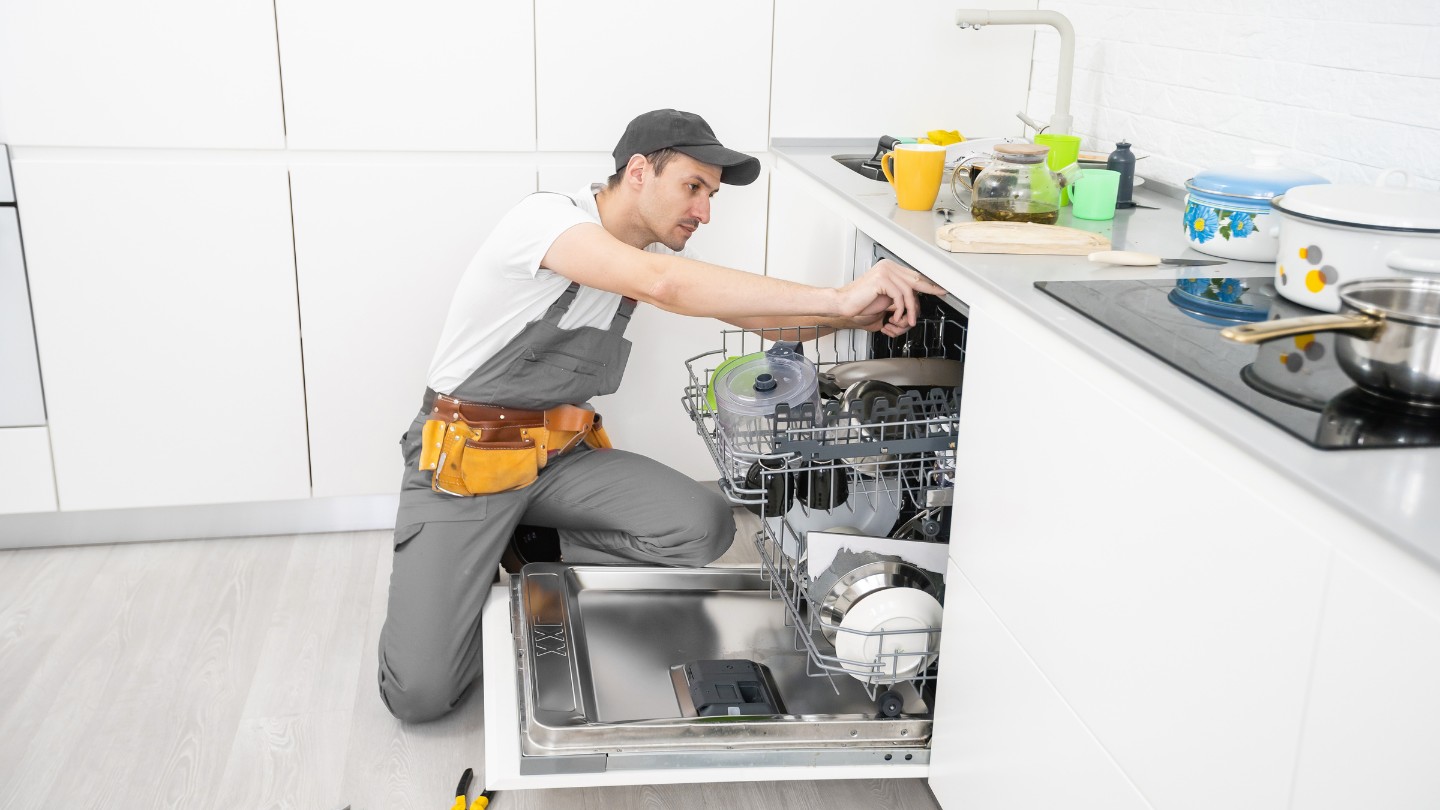
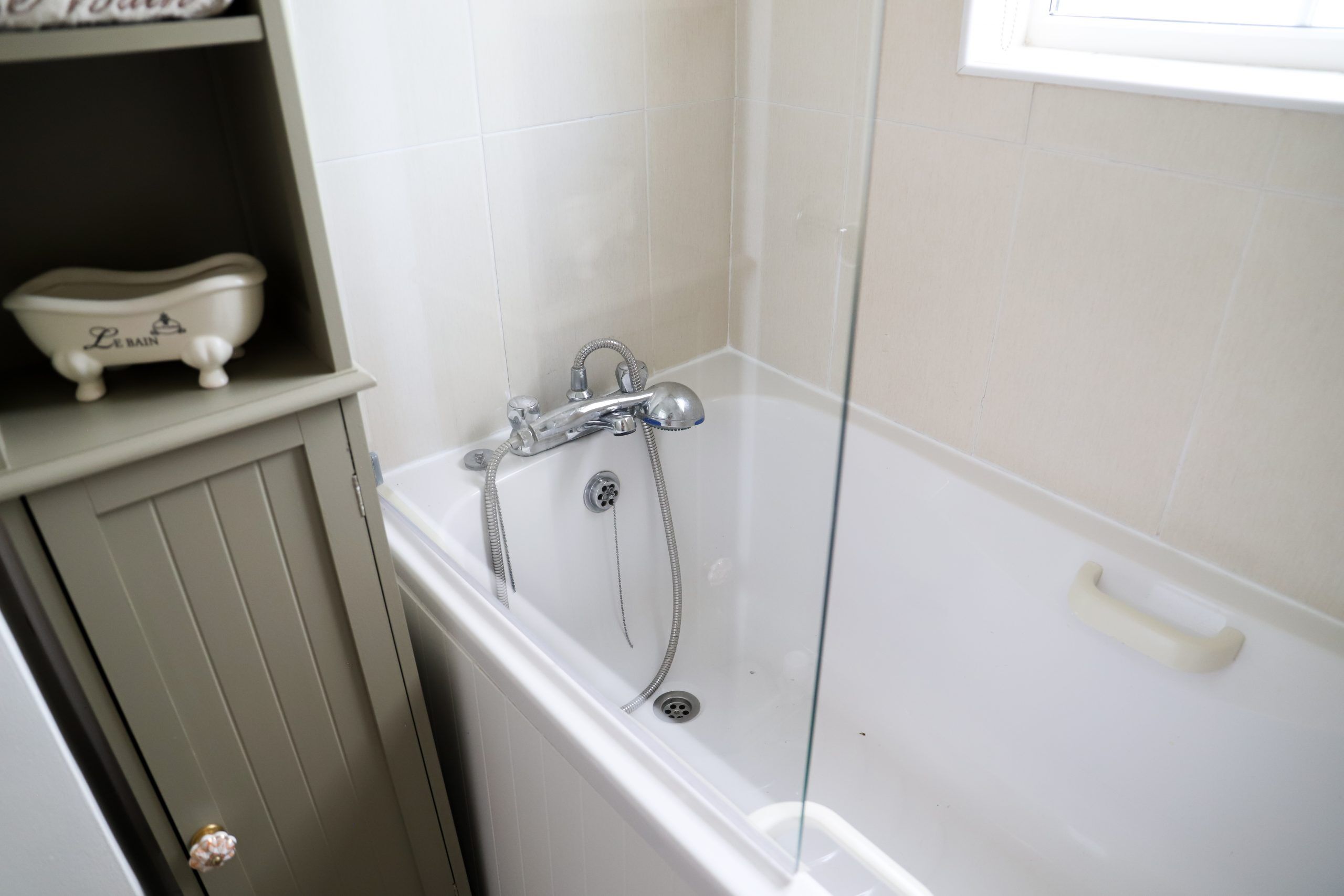
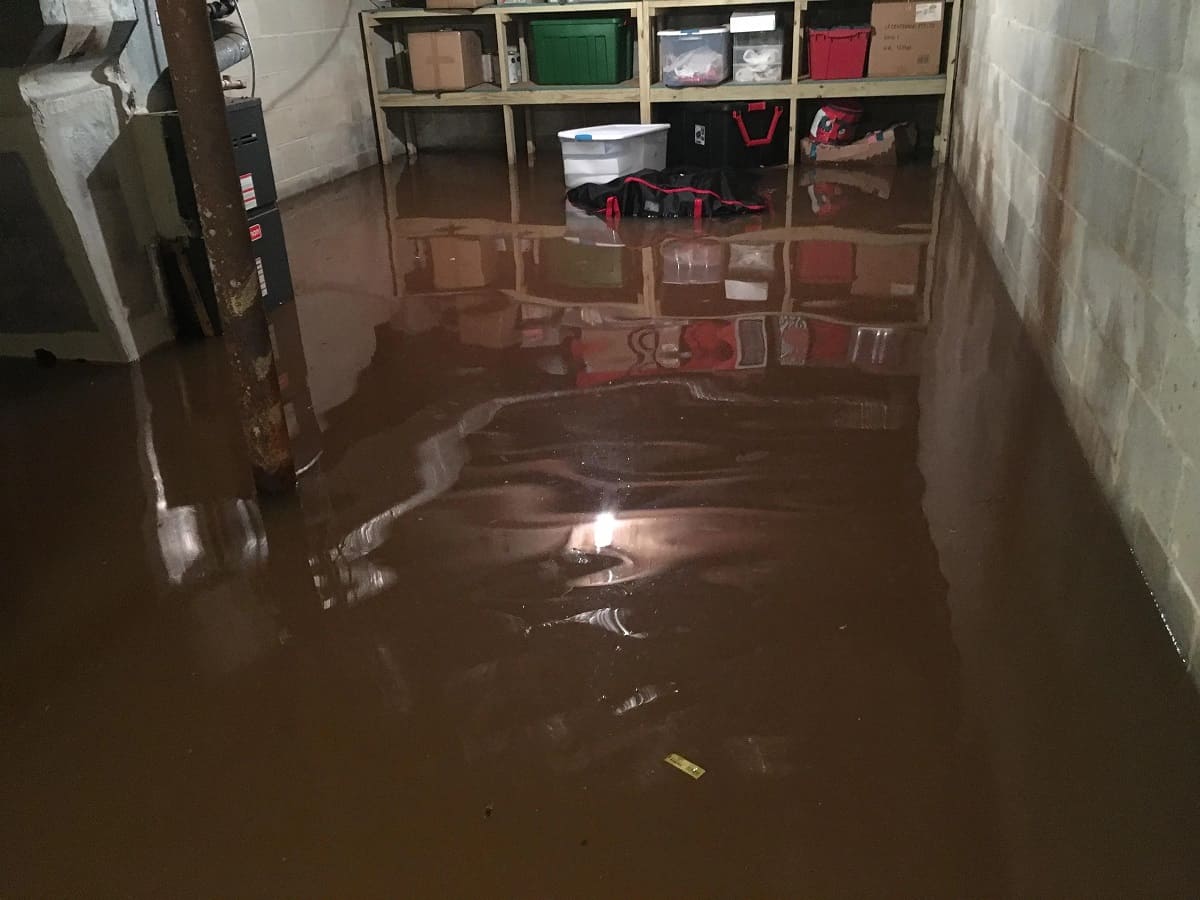
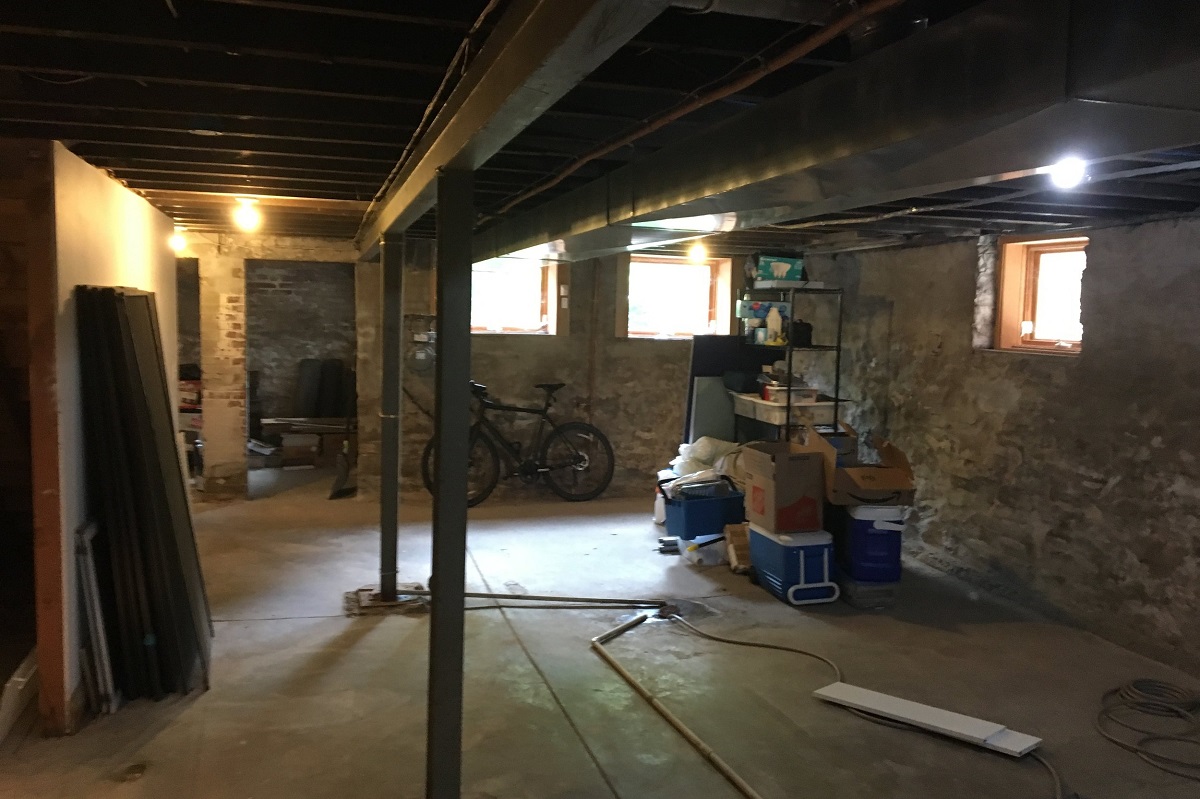


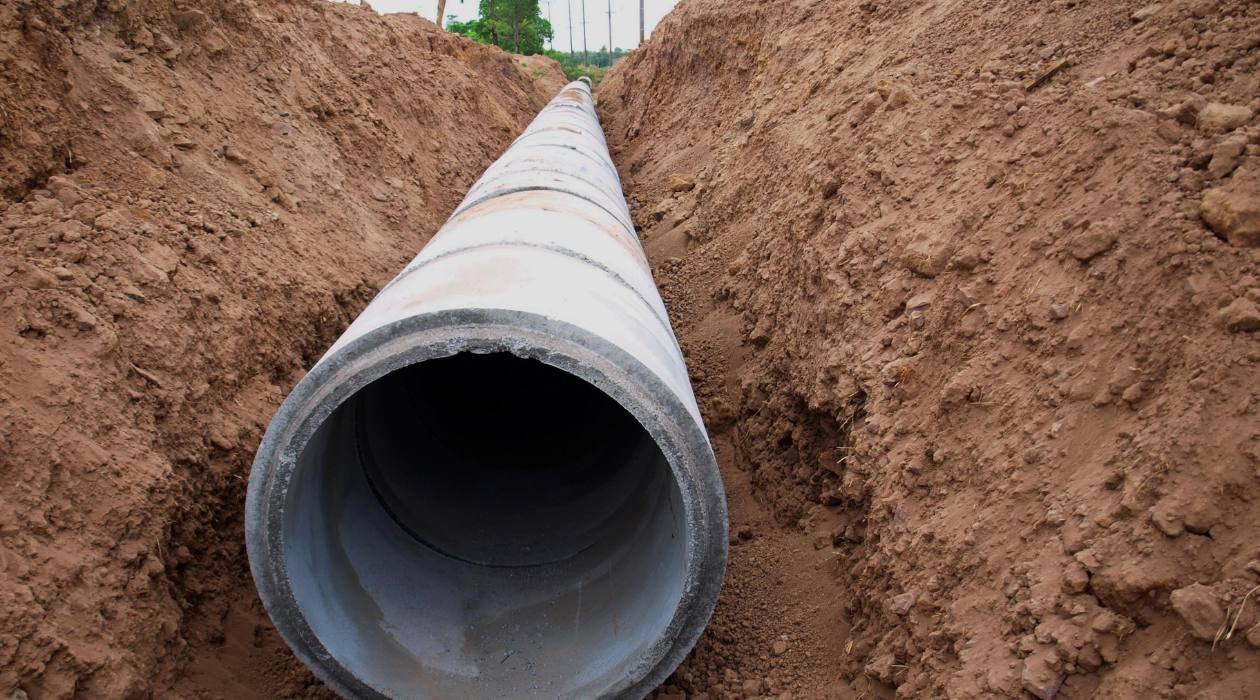

0 thoughts on “What To Do If Sewer Backs Up In Basement”